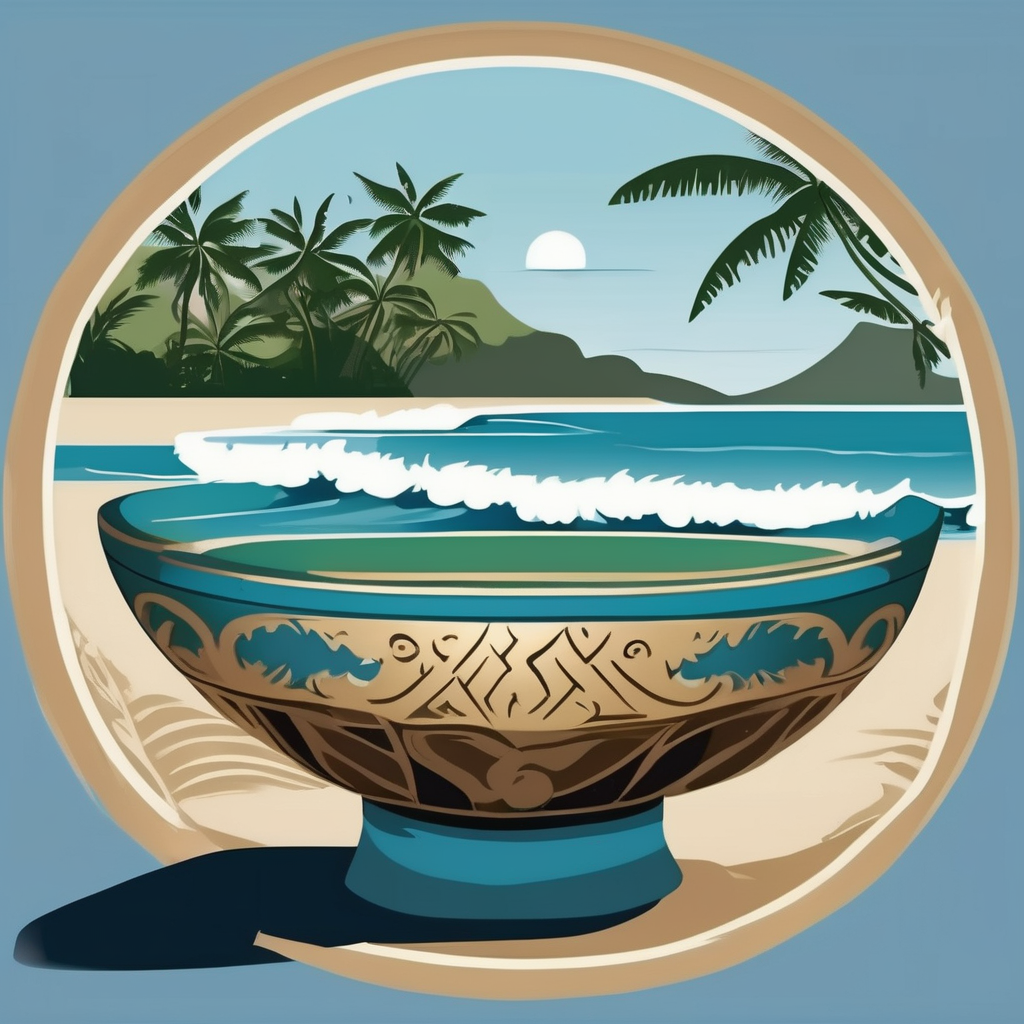The Media Masterclass aimed at boosting regional resilience through the Climate and Oceans Support Program in the Pacific (COSPPac) commenced this week in Koror, Palau. The event convened journalists, communicators, and technical experts from various Pacific nations, reflecting a concerted effort to enhance coverage of critical climate and disaster management issues.
In his opening remarks, Australian Ambassador to Palau, Toby Sharpe, emphasized that the masterclass represents a strategic investment in regional resilience, facilitating comprehensive coverage of the Second Pacific Islands Disaster Risk Management Ministerial Meeting. Since its inception in 2012, COSPPac has been committed to strengthening climate, ocean, and weather communication at all levels, from national to community.
Sharpe highlighted the significance of inclusive communication, especially for marginalized communities, underscoring the initiative’s role in media training, technical partnerships, and capacity building throughout the region. This third edition of the Media Masterclass continues to foster collaboration between media professionals and technical experts to effectively disseminate science-related content across different platforms including print, broadcast, and social media.
The masterclass aims to ensure that the voices of the Pacific community are heard and that their stories are communicated both accurately and empathetically. This focus not only aids in coverage but also emphasizes the empowerment of local communities through informed communication.
The event, organized in conjunction with the high-profile ministerial meeting, showcases the strong support and partnerships necessary for effective regional collaboration. Such multi-stakeholder events build on previous successful initiatives, including past media trainings linked to significant regional discussions, like the 2019 Media Masterclass for the UN Decade of Ocean Science and the 2023 Pacific Ocean Science Conference.
Rhonda Robinson, Director for the Geoscience, Energy and Maritime Division of the Pacific Community (SPC), commended the previous model of engagement that set a precedent for collaboration in media and science. The masterclass is designed to listen to community feedback, adapt approaches, and further integrate traditional knowledge into climate messaging.
The ongoing efforts to improve stakeholder engagement in disaster risk management and climate change issues reflect the broader regional priorities, aligning with global frameworks like the Sendai Framework for Disaster Risk Reduction and the 2050 Strategy for the Blue Pacific Continent. As Pacific Island nations strengthen media capabilities, there is hope for a more informed public dialogue that will drive meaningful action against the pressing risks posed by climate change.
This initiative embodies the spirit of cooperation necessary for overcoming climate challenges, paving the way for a more resilient and interconnected Pacific community.
